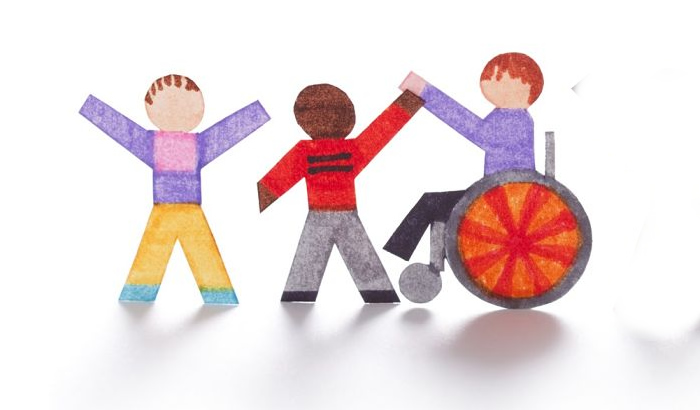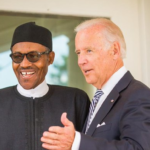
The Lagos State government has said it will continue to deploy human and technological resources to improve the quality of life for special need children and people in the State.
These were the assertions of dignitaries at the International Day of Persons with Disabilities, which was organised by the Ministry of Education and held at the Police College Grounds, Ikeja,
Titled, ‘Transformative solutions for inclusive development: The role of innovation in fuelling an accessible and equitable world,’ the wife of the Governor, Dr Ibijoke Sanwo-Olu, who was represented by the wife of the Commissioner for Information and Startegy, Mrs Funmilayo Omotosho, joined hundreds of special needs pupils to celebrate the special day, saying, “It is on record that the Lagos State Government runs an all-inclusive educational sector in line with global best practices, the committee of wives of Lagos State officials, remain committed to supporting campaigns to halt stereotypes against them but focused on showing kindness”
The Head of Service, Mr Hakeem Muri-Okunola, represented by the Permanent Secretary Local Government Establishment and Training Mr Abiodun Bamigboye, said, “Lagos State has a robust employment policy inclusive of people with special needs and the highest percentage in the mainstream public service and Local Government Service Commission. One of the initiatives made is the marking of car parks and provision of ramps to make mobility easy for them.”
In her speech, Commissioner for Education, Mrs Folasade Adefisayo, listed regular capacity re-training of teachers in handling special children, increased partnership with the private sector to enhance the quality of living standard and massive enrollment drive of special needs children with the government’s vision to leave no child behind educationally as some of the innovative transformation solutions of the Lagos state government.
She said, “Governor Sanwo-Olu’s government is empowering special need learners in its determination to integrate them to be self-reliant, through formal and informal skills acquisition and to contribute their quota to the socio-economic and political development of the state.”





